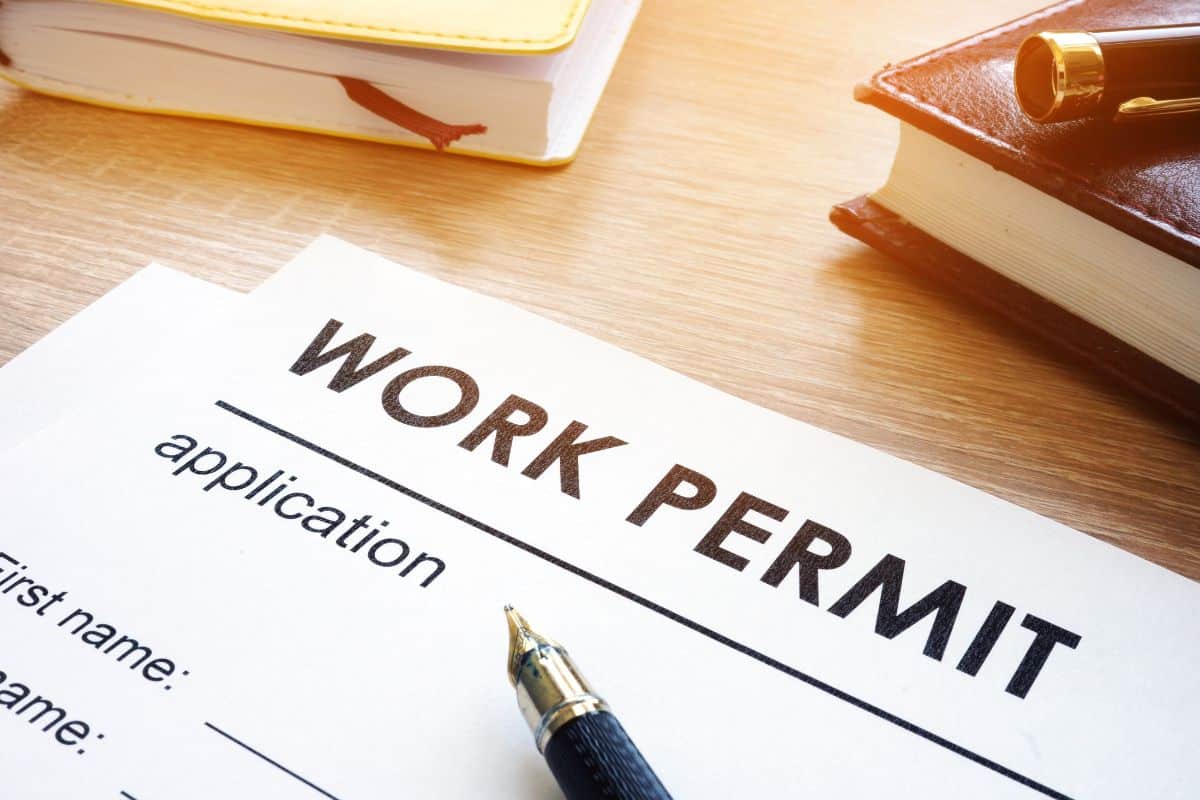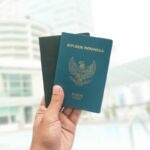In a bid to enhance workplace flexibility and boost productivity, the government of the United Arab Emirates (UAE) has recently implemented four new work permits for federal employees across the country.
These work permits offer various options for employees to carry out their duties, taking into account different work patterns and arrangements. The introduction of these permits aligns with the UAE’s commitment to improving operational efficiency while ensuring the well-being of its workforce.
The Four New Work Permits
The new work permits encompass the following categories:
1. On-site Work
This permit enables federal employees to fulfil their duties from the headquarters or office premises. It allows for a traditional work setting where employees carry out their tasks within the physical workspace provided by their respective federal entities.
2. Remote Work within the Country
Recognizing the advantages of remote work, the UAE government has incorporated this permit, enabling federal employees to carry out their duties from the comfort of their own homes or any other suitable location within the country. This arrangement promotes a healthy work-life balance and offers flexibility for employees to choose their workspace.
3. Intensive Working Hours
This work permit introduces a “compressed workweek” model, wherein employees work longer hours each day to complete their required hours within a shorter span of time. By condensing the workweek, this permit aims to provide employees with extended periods of time off, increasing their personal leisure time while maintaining productivity during active working hours.
4. Hybrid Work
The hybrid work permit combines elements of both on-site and remote work. This arrangement allows employees to divide their working hours between the headquarters or office and an alternative location, such as their homes. By embracing this hybrid approach, federal entities can optimize their operational efficiency while accommodating employees’ preferences and needs.
Must Read; UAE Allows Tourists to Extend Visit Visas Without Leaving the Country
Supportive Labour Law Reforms
These new work permits are a result of the UAE’s labour law reforms, which were approved last year. The reforms aimed to introduce more flexible work patterns, ultimately reducing operational costs for federal entities and enhancing employee productivity.
The introduction of these permits demonstrates the government’s commitment to creating a modern and adaptable work environment that meets the evolving needs of the workforce.
Different Employment Patterns
In addition to the work permits, the executive regulations associated with these reforms have also defined several employment patterns for federal employees. These patterns include:
1. Full-time Employment: This pattern involves working exclusively for a single federal entity during official working hours on all working days.
2. Part-time Employment: Under this arrangement, employees work for a specific number of hours or days within a federal entity.
3. Temporary Employment: Temporary employment entails working full-time during the daily working hours on all working days but within a temporary contract period. This type of employment is intended for tasks with a specific duration or self-contained projects that conclude upon completion, typically lasting less than one year.
4. Flexible Work: This pattern enables federal employees to work with flexible hours or days based on workload and operational economic variables within the workplace. It allows for adaptability in response to changing circumstances or demands.
Also Read; UAE New Visa Extension Policy, Allowing Tourists An Additional 30-Day Stay
Contract Guidelines and Appointments
The new regulations provide general guidelines for contracting in federal entities. For most employment patterns, except temporary contracts, the maximum contract duration is three years, subject to renewal based on the employee’s performance.
Temporary contracts, on the other hand, have a duration of less than one year, with the specific contract length determined by the employer.
In terms of appointments, the regulations prioritize UAE citizens for any vacant positions in federal entities. Non-citizens may be appointed only if no suitable candidates meeting the position’s requirements are available.
Additionally, the regulations allow for the appointment of retired military and civilian personnel who are UAE citizens in the Federal Government, further enhancing opportunities for experienced professionals.
Expanded Work Permit Types
As part of its ongoing efforts to streamline the employment landscape, the Ministry of Human Resources and Emiratisation has issued 12 types of work permits as of February 2, 2022. These permits cater to various employment scenarios and needs within the UAE.
The work permits include student training, employment permits, and work permits for citizens and children from Gulf Cooperation Council (GCC) countries. Establishments registered with the ministry can utilize these permits to employ citizens or individuals from the GCC region.
Additionally, work permits can be granted to Golden Visa holders upon the request of registered entities, allowing them to employ workers who possess this visa. Furthermore, the ministry offers a trainee national work permit to establishments seeking to train citizens with approved scientific qualifications, encouraging skill development and knowledge transfer.
Follow and connect with us on Facebook, Twitter, LinkedIn, Instagram and Google News for the latest travel news and updates!





